Aluminum Elbow for Gas and Liquid Transfer on Marine Vessels
Marine vessels operate amidst some of the most challenging environments, where efficiency, durability, and safety of components in fluid transfer systems are paramount. Among essential components in these systems — especially those managing gas and liquid transfer — the aluminum elbow stands as an indispensable solution.
The Essential Functionality of Aluminum Elbows in Marine Fluid Transfer Systems
Aluminum elbows serve the critical purpose of altering the direction of fluid flow—both gas and liquid—within piping systems aboard marine vessels. Typically available in 45°, 90°, and 180° angles, these elbows must maintain integrity under constant pressure, corrosion, and mechanical stresses associated with maritime conditions. Unlike steel or copper elbows, aluminum elbows offer a remarkable combination of lightweight design with high strength-to-weight ratios, which supports fuel efficiency and weight management aboard marine vessels.
Specifically, these elbows ensure smooth directional changes without turbulence, minimizing pressure drops and preventing cavitation—a major risk in gas-liquid transfer. Their precision-engineered angles also adapt perfectly to space-constrained environments under decks, where equipment placement efficiency is vital.
Technical Parameters and Implementation Standards
When selecting or evaluating aluminum elbows for marine use, several technical parameters and standards govern their ideal performance:
| Parameter | Specification |
|---|---|
| Angle Type | 45°, 90°, 180° |
| Diameter Range | DN15 to DN300 (where DN = nominal diameter in mm) |
| Wall Thickness | Typically 2.5 mm to 10 mm |
| Operating Pressure | Up to 20 bar (depending on diameter and thickness) |
| Operating Temperature Range | -196°C to +150°C (covers cryogenic, ambient, and moderately high temps) |
| Surface Finish | Mill finish, anodized or coated for corrosion resistance |
| Joint Type | Butt-welded, flanged, or threaded depending on application |
These elbows are frequently designed according to global marine standards such as ASTM B241/Addenda for aluminum pipes and fittings, or ISO 15590 in specific cases. The relevant classification ensures compatibility with shipbuilding construction rules issued by classification societies like ABS, DNV, or Lloyd’s Register.
Alloy, Tempering, and Quality Considerations at the Core
A deeper, differentiated look reveals that not all aluminum elbows are created equally verging on alloy selection and tempering condition. For marine vessel applications—underscoring the competitive edge—the preferred aluminum alloy is often 5083 or 6061. These grades offer excellent corrosion resistance and mechanical properties, especially under seawater exposure:
- Aluminum Alloy 5083: Featuring magnesium and manganese, it excels in seawater corrosion resistance and strength.
- Aluminum Alloy 6061: Combines magnesium and silicon, preferred when enhanced mechanical capabilities and weldability are critical.
Tempering Conditions:
| Alloy | Temper | Yield Strength (MPa) | Ultimate Tensile Strength (MPa) | Elongation (%) |
|---|---|---|---|---|
| 5083 | H111 | 215-260 | 275-290 | 12-18 |
| 5083 | H112 | Slightly higher than H111 | Slightly higher than H111 | Approx. 12-18 |
| 6061 | T6 (solution heat-treated and artificially aged) | 275-300 | 310-350 | 8-12 |
| 6061 | T4 (solution heat-treated) | 145-200 | 210-270 | 12-16 |
The temper state influences weldability and strength: T6 temper offers higher strength but slightly less weldability compared to T4 temper, which enhances formability.
Chemical Composition and Corrosion Resilience
The chemical properties underpin outstanding performance in marine environments:
| Element | 5083 (wt%) | 6061 (wt%) |
|---|---|---|
| Aluminum | Bal. | Bal. |
| Magnesium | 4.0 - 4.9 | 0.8 - 1.2 |
| Manganese | 0.4 - 1.0 | ≤0.15 |
| Silicon | ≤0.4 | 0.4 - 0.8 |
| Iron | ≤0.4 | ≤0.7 |
| Copper | ≤0.1 | 0.15 - 0.4 |
| Chromium | 0.05 - 0.25 | 0.04 - 0.35 |
| Zinc | ≤0.25 | ≤0.25 |
A high magnesium content in 5083 alloy is to forming stable corrosion products (aluminum oxide layer) in seawater, which prevents pitting and stress corrosion cracking in cracked elbows or joints subject to cyclic loading.
Unique Advantages on Marine Vessels
- Lightweight Design: Saving tons of weight compared to steel bolts weight, directly translating to higher fuel economy and better load distribution.
- Corrosion Resistance: Unlike iron-based elbows prone to rust, the self-passivating oxide layer characteristic of aluminum alloys extends service life dramatically.
- Simplified Installation: Aluminum elbows machined with precision reduce onsite adjustments and potential leak points.
- Thermal Conductivity: Effective conductivity allows thermal equilibration in systems where gas or cryogenic fluids are transferred, preventing thermal stress buildup.
- Environmentally Friendly: Aluminum is often recyclable, helping reduce marine environmental impact through sustainable resource planning.
Application Scenarios on Board
- Fuel Transfer Lines: Handling marine diesel gas oil (MGO) and lightweight oils requiring chemical resistance.
- Ballast and Cooling Water Systems: Operating at varied salinity and temperature extremes.
- Compressed Air Systems: Demanding light, corrosion-free elbows with little risk of contamination.
- Hydraulic and Lubrication Lines: Specific grades for mechanical fluid lines demanding precision flow changes and rough marine shipyard conditions.
Related Products
Custom marine aluminum profile tubes
Custom Marine Grade Aluminum Profile Tubes are manufactured from premium marine aluminum alloys such as 5083, 5052, 6061, and 6082.
View DetailsMarine aluminum rectangular tubes
Marine Grade Aluminum Rectangular Tubes are made from high-performance alloys such as 5083, 5052, 6061, and 6082. These alloys are renowned for their ability to resist corrosive seawater and marine atmospheres while providing excellent mechanical strength and toughness.
View DetailsMarine aluminum square tubes
Marine Grade Aluminum Square Tubes are typically constructed from marine-grade alloys such as 5083, 5052, 6061, and 6082—well-known for their ability to withstand the aggressive effects of saltwater and marine atmospheres.
View Details6061-T6 90-Degree Marine Aluminum Pipe Elbow
Manufactured from premium 6061-T6 marine-grade aluminum alloy, this elbow fitting is engineered to provide reliable and efficient pipe direction changes within shipbuilding, offshore platforms, and marine infrastructure systems.
View DetailsMarine aluminum round tubes
Marine Grade Aluminum Round Tubes are manufactured from premium marine alloys such as 5083, 5052, 6061, and 6082, all selected for their proven resistance to seawater corrosion and marine atmosphere degradation.
View DetailsRelated Blog
Marine Aluminum Elbow for Saltwater Intake and Pumping Systems
Our Marine Aluminum Elbow designed specifically for saltwater intake and pumping systems—engineered for maximum corrosion resistance, durability, and strength in harsh marine environments.
View Details5052 Marine Aluminum Tubes for Heavy Duty Marine Applications
When durability, corrosion resistance, and strength are paramount in marine environments, 5052 aluminum alloy tubes is know as the premium choice. Specifically engineered to meet the demanding specifications of heavy-duty marine applications.
View Details6061 Marine Aluminum Tubes for Marine Engineering Projects
Marine engineering demands materials that combine exceptional strength, corrosion resistance, and versatility for reliable performance in harsh seawater environments.
View DetailsAluminum Elbow for Ship Hot Water and Heating Systems
High-performance Aluminum Elbow designed for ship hot water and heating systems. Featuring optimal corrosion resistance, precise alloy specifications, and industry-standard tempering, this marine-grade fitting ensures durability and superior heat conducti
View Details5083 Marine Aluminum Tubes for Saltwater Environment Durability
When it comes to marine applications, durability, corrosion resistance, and mechanical performance are paramount for structural materials. Among the various aluminum alloys available, 5083 aluminum alloy stands out as a premium choice.
View Details5083 Marine Aluminum Tubes for Ship Hull Reinforcement Materials
When it comes to building and reinforcing ship hulls, selecting the right material is critical for durability, strength, and resistance to the harsh marine environment.
View Details

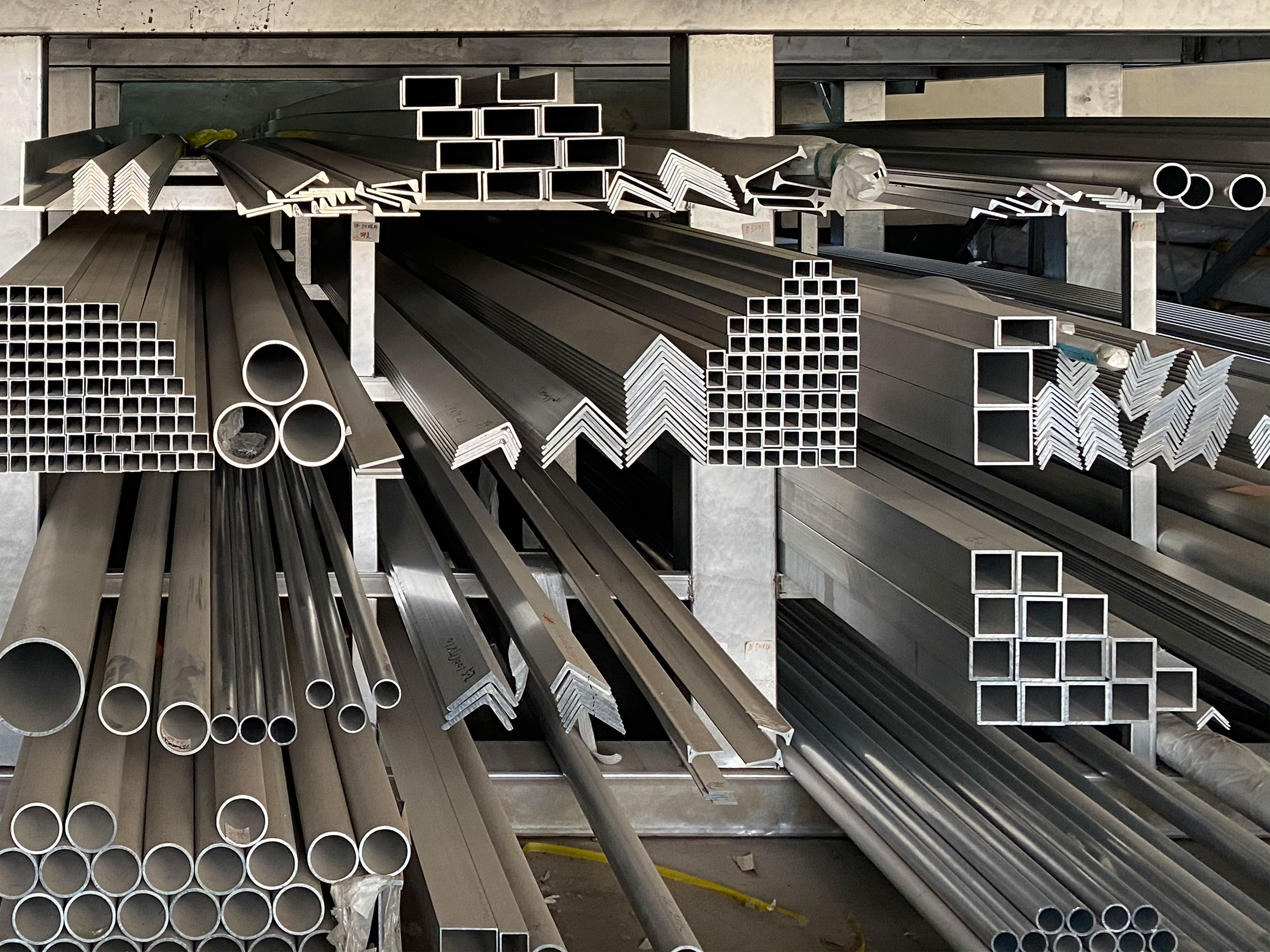
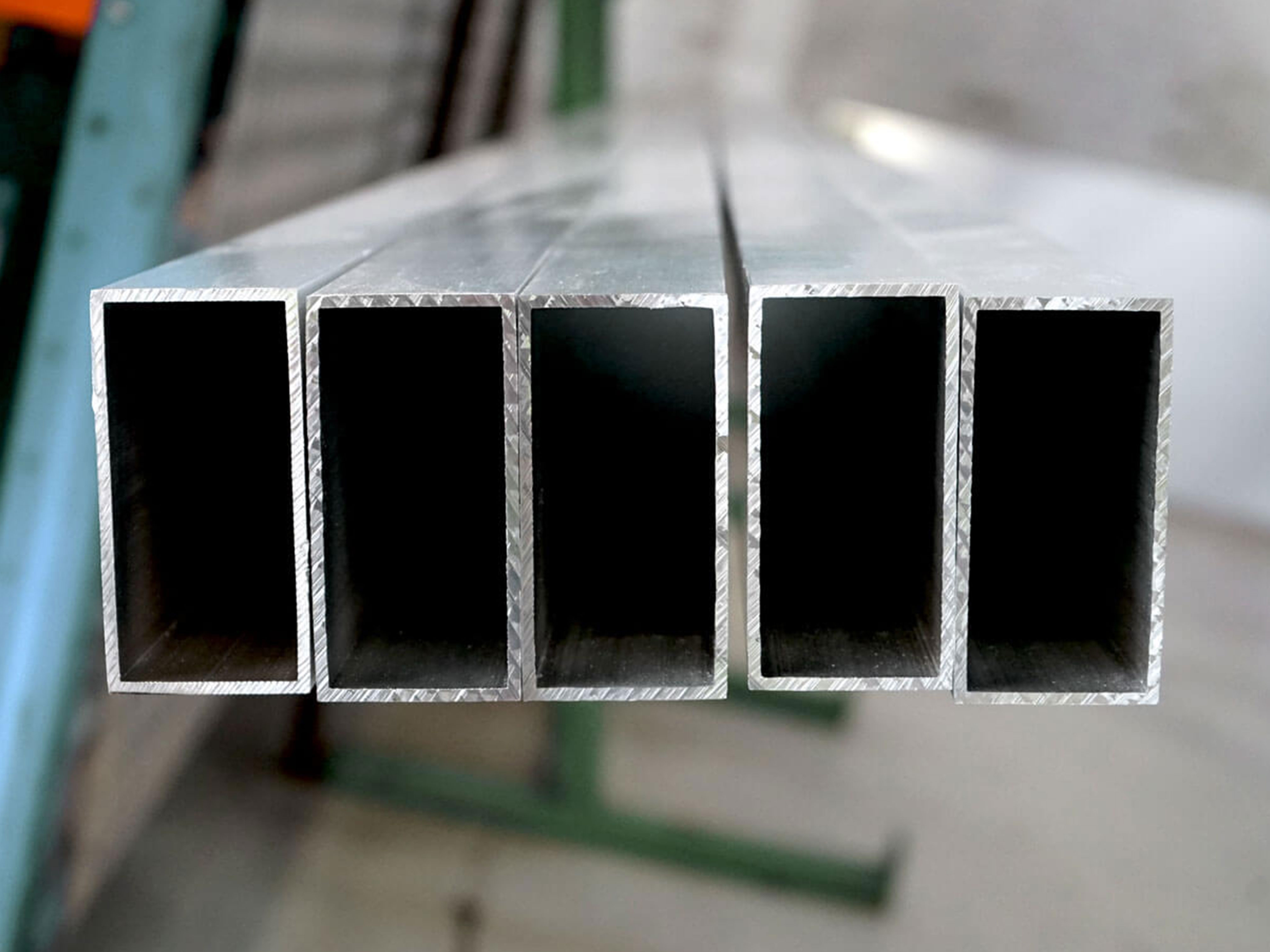
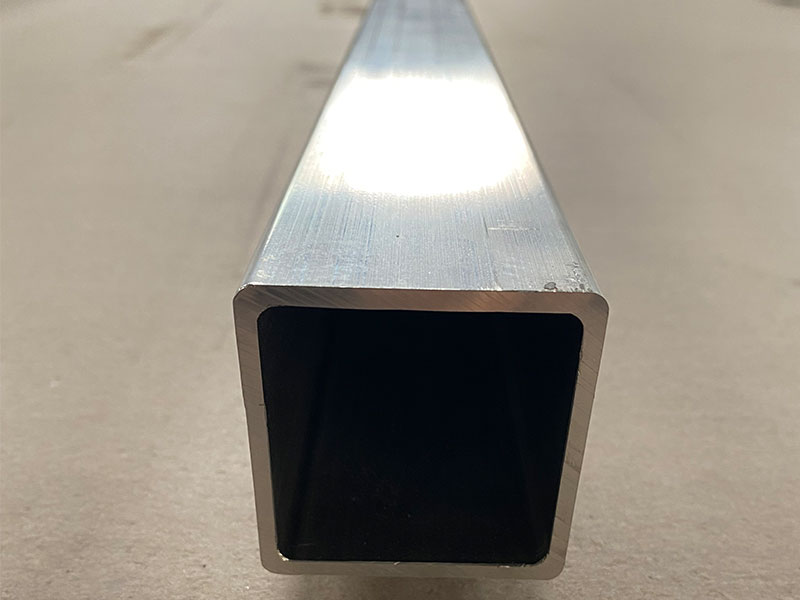
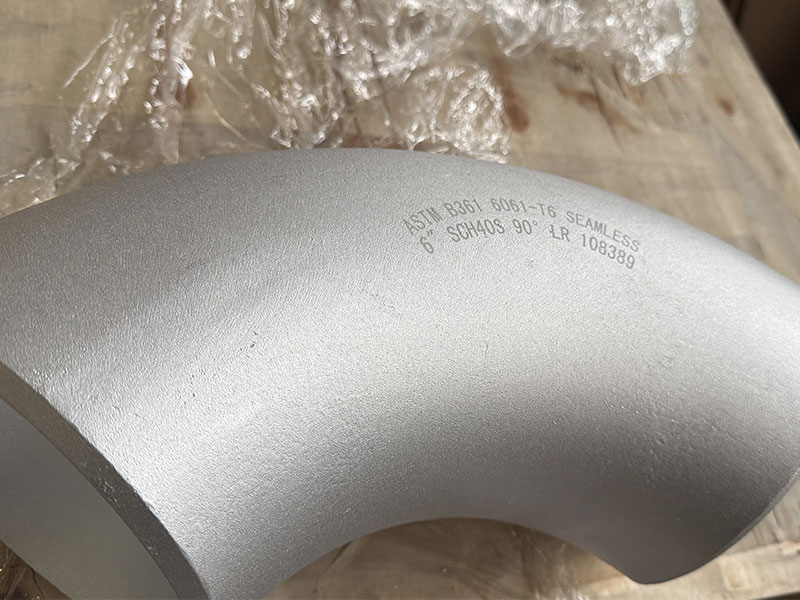
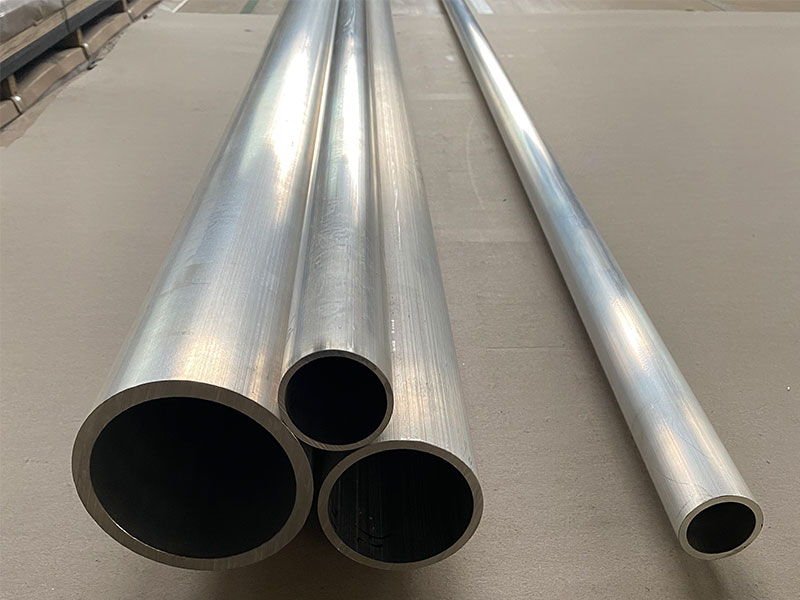






Leave a Message